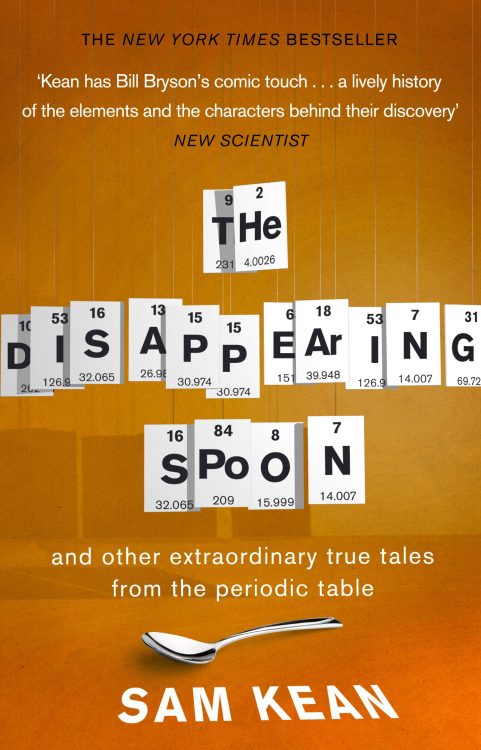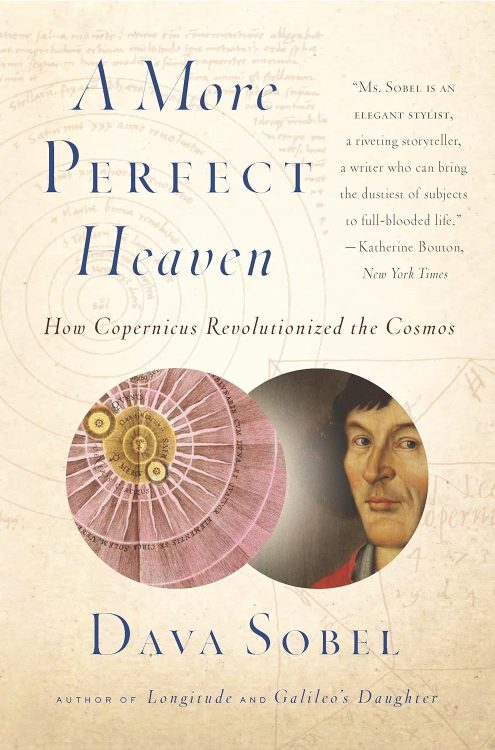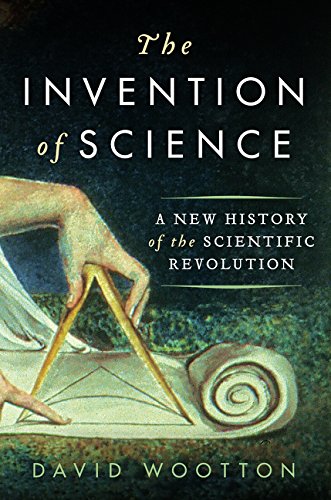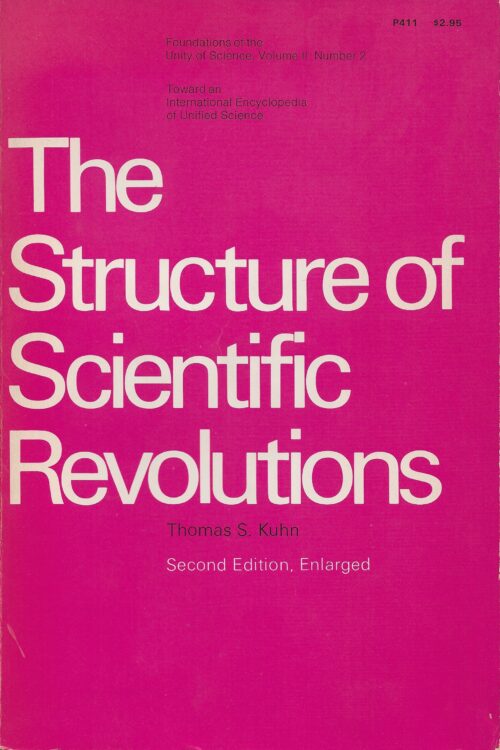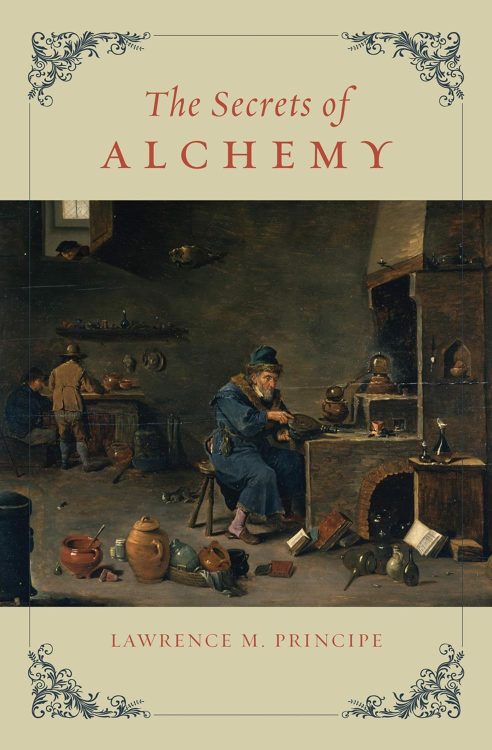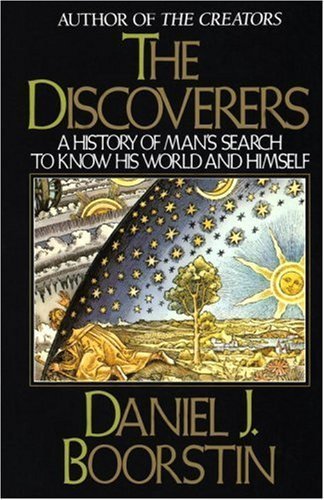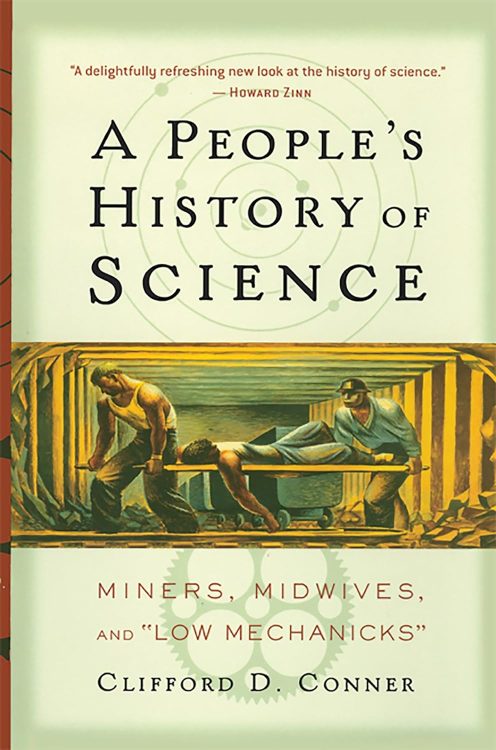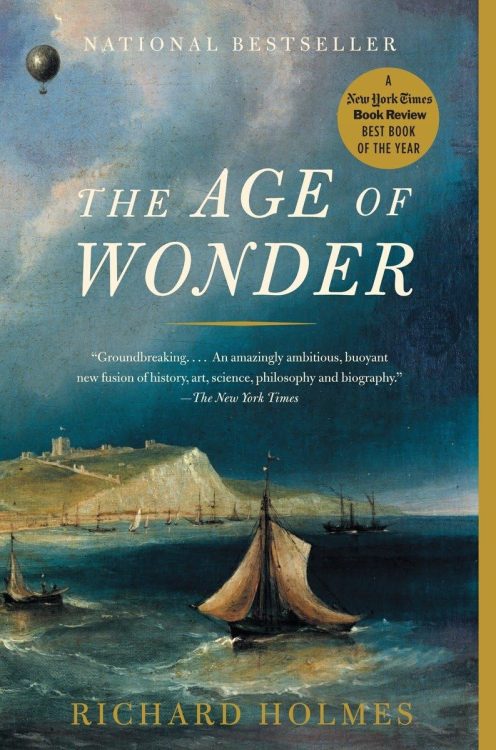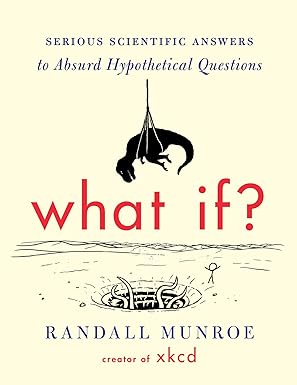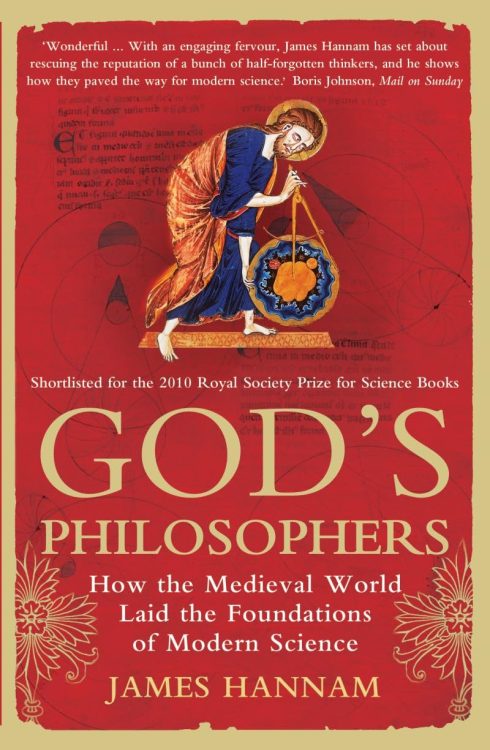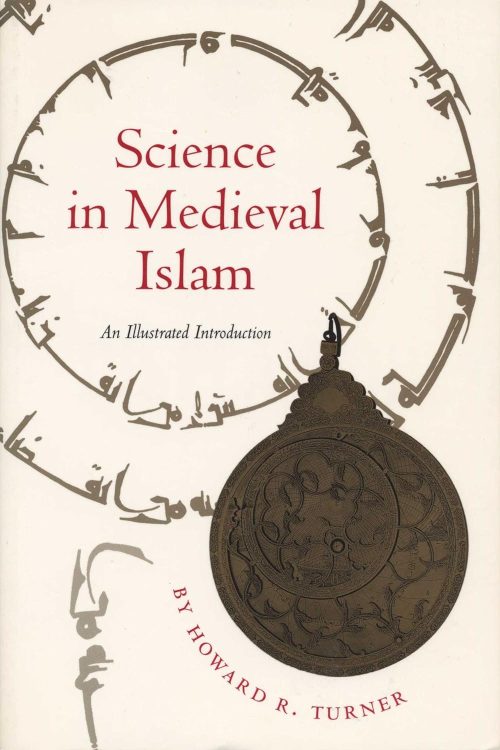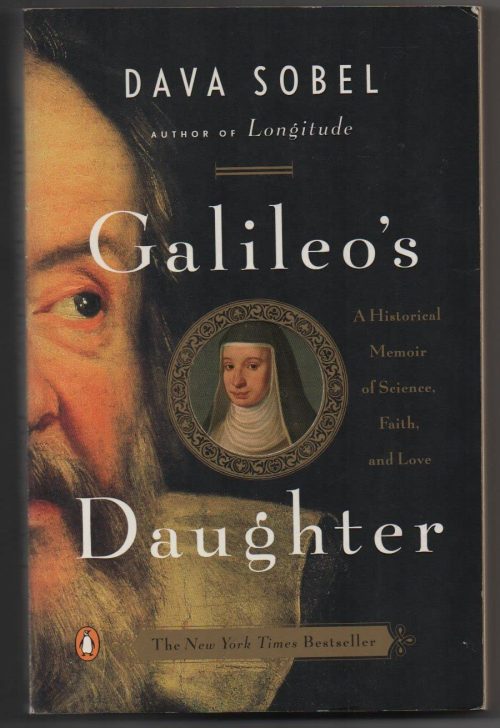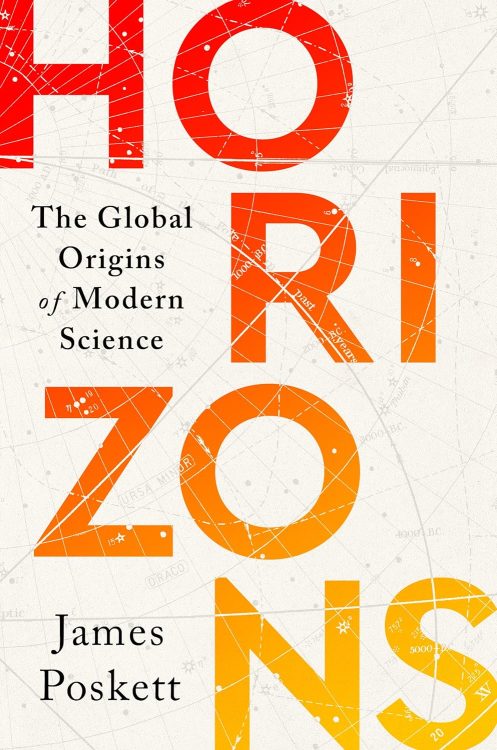In “A History of Western Science,” the reader is taken on an expansive voyage through time, from the contemplative studies of the ancient world to the cutting-edge advancements of 20th-century physics. Through the author’s narrative-driven and engaging prose, we are shown the evolution of scientific thought and discovery as a dynamic and integral component of the Western cultural heritage.
One of the book’s main themes is the progression and metamorphosis of scientific inquiry over the ages. The author effectively illustrates how each era’s cultural and intellectual context shaped the scientific endeavors of its scholars. From the meticulous observations of the Greeks to the pillars of Newtonian physics, and finally to Einstein’s revolutionary theories, the book presents science as a constantly evolving force, debunking the myth of spontaneous, isolated genius in favor of a more complex and interconnected reality.
Another key theme that emerges is the intertwined relationship between science, society, and philosophy. The author doesn’t shy away from highlighting how wars, societal structures, and philosophical paradigms greatly impacted scientific advancement. This dimension adds richness to the narrative, reminding readers that scientific progress does not occur in a vacuum but is rather a response to, and shaper of, the zeitgeist.
Critical to this historical account is the acknowledgment of influential figures whose work has shifted the paradigm of their respective disciplines. The text dives into the lives and contributions of notable individuals, from forgotten alchemists and natural philosophers to the renowned likes of Albert Einstein. Particularly intriguing is the expanded coverage on Einstein and the profound implications his work had on how we understand our world and universe—a testament to the author’s commitment to comprehensive detail.
The author should be commended for distilling complex scientific theories and concepts into a format that is accessible to readers who might not have a technical background. Quantum physics, often regarded as a particularly opaque subject for the layperson, is conveyed in conjunction with its philosophical consequences, inviting deep reflection and engagement.
“A History of Western Science” emerges as a crucial companion for anyone interested in comprehending not just the scientific milestones that have shaped our understanding of the world, but also the socio-cultural backdrops against which these monumental shifts occurred. The additional coverage of 20th century science and technology situates contemporary readers in an ongoing story, of which they are a part.
Whether one’s interests lie in the intellectual tapestries of history, the profound questions of philosophy, or the tangible empiricism of physics and engineering, this book serves as a bridge connecting these disciplines in a manner that is both informative and profoundly human. The tome stands as a powerful reminder that the story of science is, ultimately, the story of us.


